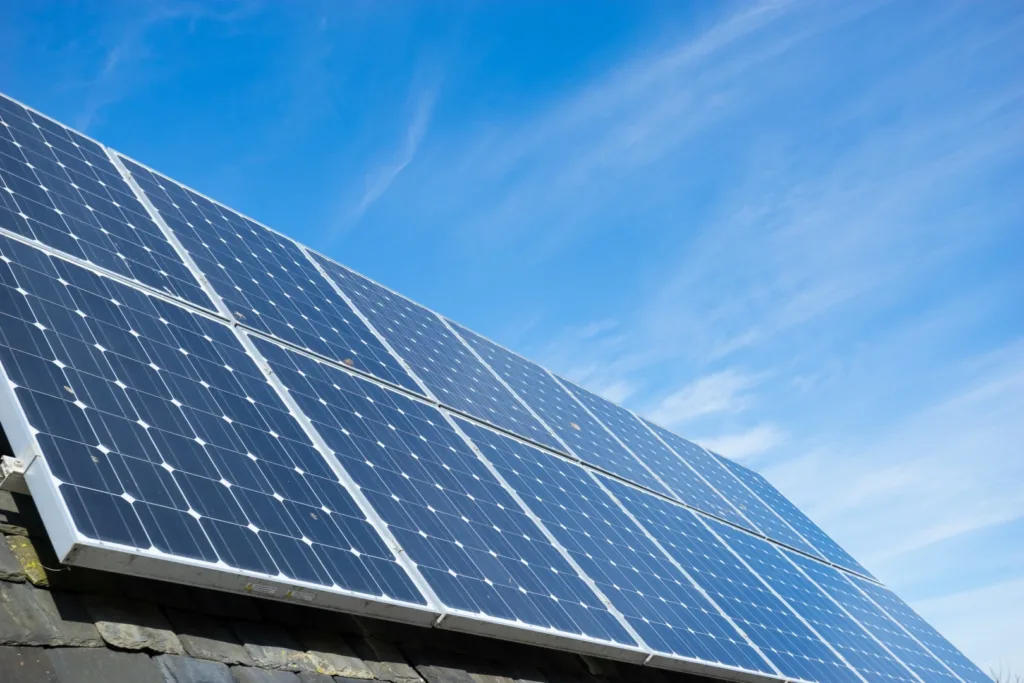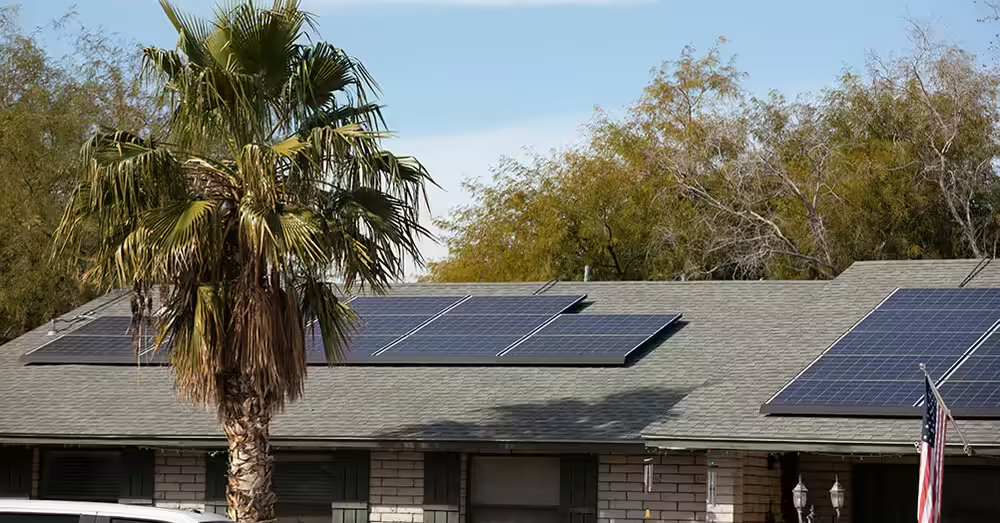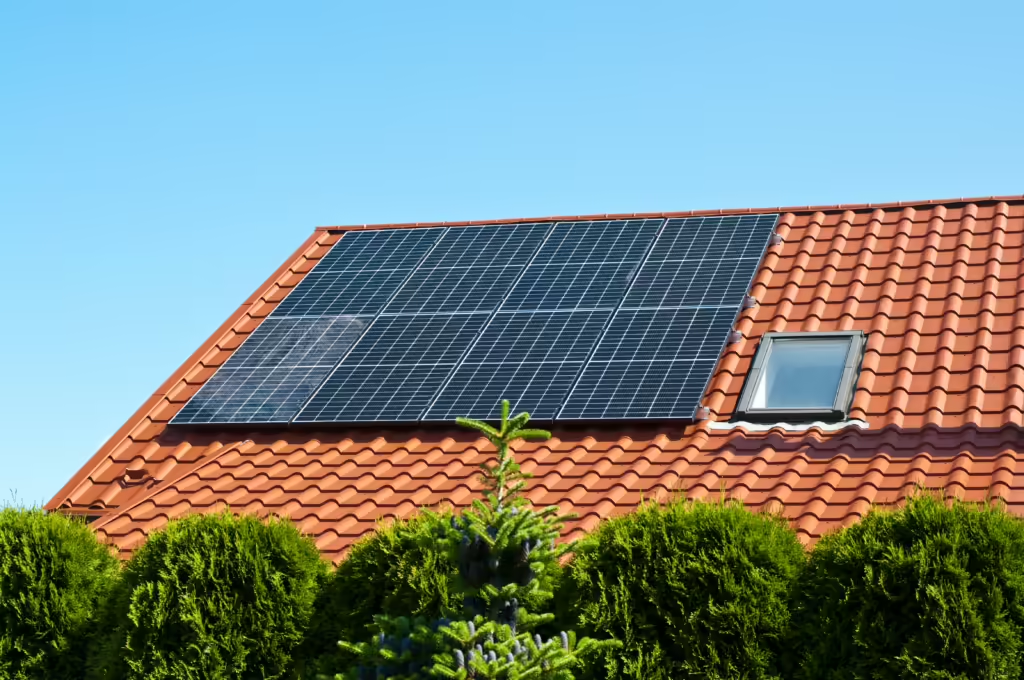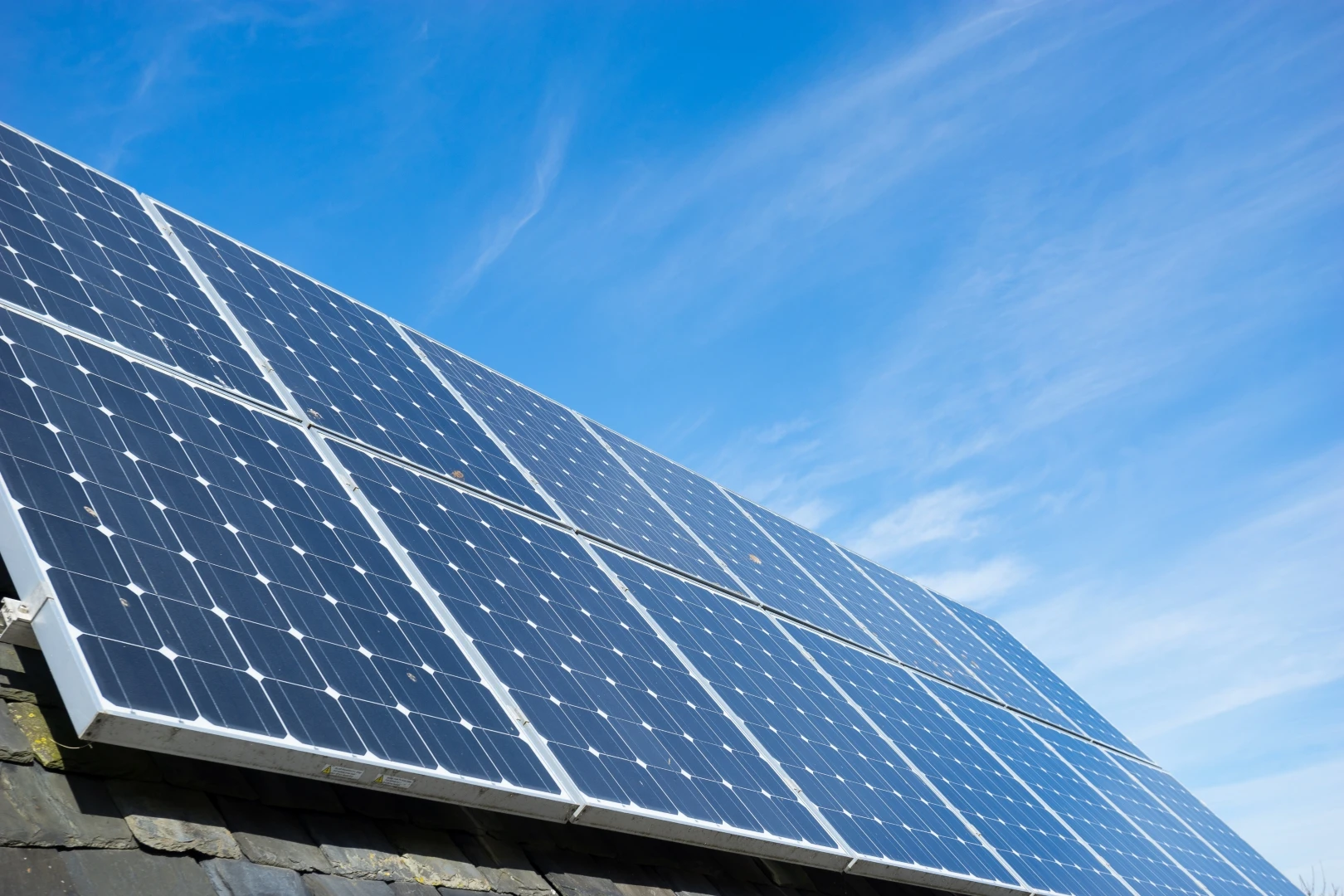Is “solar red zoning” real, or just another myth circulating in the world of renewable energy? This topic has sparked heated debates among homeowners, solar energy advocates, and local governments alike. Essentially, it refers to the practice of restricting solar panels installations due to local solar zoning laws or regulations, which may impact how communities embrace solar energy. While some argue it’s a necessary tool to maintain neighborhood aesthetics or property values, others see it as an obstacle to sustainable energy growth. In this blog, we’ll unpack the implications of solar red zoning, exploring what it means for homeowners and communities eager to invest in solar power.

What is Solar Red Zoning?
“Solar red zoning” refers to zoning laws or regulations that make it harder or even impossible to install solar panels, often due to restrictions on aesthetics or public concerns about glare. The term has gained traction as discussions around renewable energy and solar panel installations increase. While it is not universally defined, it highlights the tensions between local authorities, homeowners, and developers trying to meet sustainability goals versus maintaining control over property appearance or minimizing perceived disruption.
These solar zoning practices can create significant hurdles for homeowners or communities interested in adopting solar energy, making it more expensive or complicated to install solar systems. Advocates for solar energy suggest that clearer and more supportive zoning laws can ease these barriers and help communities transition more effectively to renewable energy sources.
The Myth vs. Reality
Myth: A common misconception is that local zoning laws completely prohibit homeowners from installing solar panels. This is often fueled by misunderstandings around property regulations and aesthetic concerns. Many fear that municipal codes will prevent them from going solar altogether.

Reality: While local regulations can vary significantly, most places don’t outright ban solar panel installations. Instead, they have specific guidelines for aesthetics, such as height, placement, or even glare control, which aim to balance energy needs with neighborhood character. These guidelines can differ greatly by state, city, or even specific neighborhoods. For example, some cities in California have adopted “solar access” laws that prevent HOAs or local governments from restricting solar installations. However, other areas, particularly those with historical districts or stricter HOAs, may enforce rules that limit where or how panels can be installed.
In many regions, solar zoning laws exist to ensure safety, aesthetics, and environmental considerations, but they don’t prevent solar energy adoption. It’s important to research your local regulations and seek advice from professionals who understand the nuances of solar installation laws.
Solar Rights Laws and Advocacy
Solar rights laws protect homeowners’ ability to install solar panels, ensuring access to sunlight for energy production. States like California have laws preventing local restrictions on solar installations. Advocacy groups like the Solar Energy Industries Association work to expand these protections, challenging restrictive solar zoning laws. While some states have strong solar rights, others are still developing them. Advocacy continues to push for clearer regulations, ensuring more widespread solar access. Local and state laws vary, but the overall trend favors expanding access to solar energy for homeowners.
How LGND Energy Can Help
LGND Energy offers expert solar panel installation services, ensuring compliance with local solar zoning regulations and building codes. Our team guides homeowners through the complexities of solar panel installation, addresses potential zoning restrictions, and ensures all legal aspects are covered. With consultation services, LGND Energy helps clients navigate permit applications, zoning challenges, and any other obstacles that may arise during installation. Our goal is to make the process seamless to empower homeowners to enjoy the benefits of solar energy without legal or technical hurdles. Contact LGND Energy to get started on your solar journey today.

What to Do If You’re Facing Zoning Restrictions
If you’re facing solar zoning restrictions that prevent you from installing solar panels, there are several steps you can take. First, review the specific regulations to understand what restrictions apply to your property. Reach out to local zoning officials to ask about potential exceptions, or request a hearing to appeal the decision. Many homeowners have successfully worked with solar advocacy groups, which can provide legal advice, assist with navigating zoning codes, and even support appeals. Some states also have laws that protect your right to access solar energy, so researching local solar rights laws can also help build your case.
Contact LGND Energy Today
Ready to take the next step toward energy independence? Contact LGND Energy today to schedule a consultation and learn how we can help you navigate local zoning laws, ensuring compliance while installing solar panels at your home. Don’t let zoning restrictions hold you back from going solar—reach out today and start your journey toward a more sustainable, cost-efficient future!



Follow Us